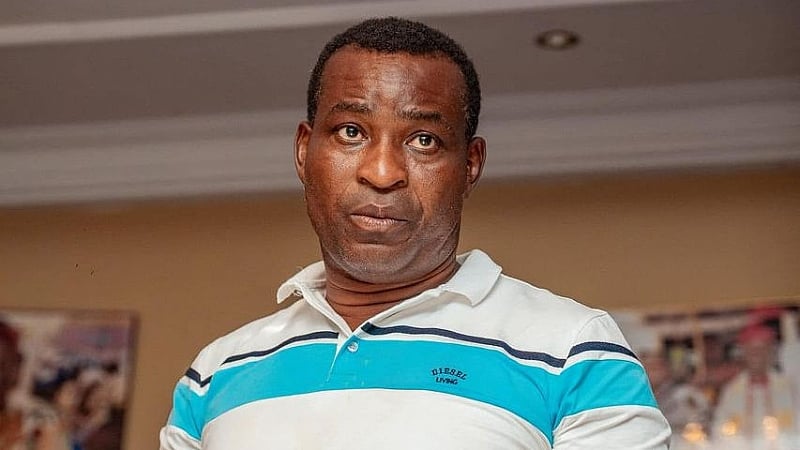The arrest and subsequent release on bail of Bernard Antwi Boasiako, widely recognized as Chairman Wontumi, has ignited a complex legal and political drama in Ghana. Boasiako, the Ashanti Regional Chairman of the ruling New Patriotic Party (NPP), found himself entangled in a web of investigations related to illegal mining activities, commonly known as “galamsey,” and allegations of causing financial loss to the state. The Economic and Organised Crime Office (EOCO) granted him bail set at a substantial GH¢50 million, with the requirement of two justified sureties, allowing him temporary freedom while investigations continue. This incident has brought to the forefront the ongoing battle against illegal mining in Ghana, its intricate connection to political figures, and the delicate balance between law enforcement and political influence.
The sequence of events leading to Boasiako’s bail began with an invitation from the Criminal Investigations Department (CID) of the Ghana Police Service for questioning regarding his alleged involvement in illegal mining operations. This invitation came after a series of warnings issued to Boasiako concerning mining without a license, pollution of water bodies, and encroachment on forest reserves. The investigation into his activities underscores the government’s increasing focus on curbing the devastating environmental and economic consequences of galamsey, which has become a significant national concern. Following his interview with the CID, Boasiako was transferred to the custody of EOCO for further interrogation related to financial and regulatory matters stemming from the illegal mining allegations.
EOCO’s decision to grant bail to Boasiako, albeit under stringent conditions, followed several hours of questioning at their headquarters in Accra. Reports suggest that Boasiako fell ill during the interrogation, adding another layer of complexity to the unfolding situation. His legal team, led by lawyer Andy Appiah Kubi, is actively cooperating with EOCO officials to fulfill the bail requirements, which include the substantial financial guarantee and the provision of two sureties who can demonstrate their financial capacity to back the bail amount. The high bail amount reflects the seriousness of the allegations against Boasiako and the authorities’ determination to ensure his cooperation with the ongoing investigation.
The arrest of a prominent political figure like Boasiako, especially one holding a key position within the ruling party, inevitably sparked a strong reaction from NPP supporters. Numerous party members, including high-ranking executives such as National Organizer Henry Nana Boakye and former Greater Accra Regional Minister Titus Glover, converged at EOCO’s premises demanding his release. This demonstration of political solidarity highlights the potential for such cases to become highly politicized, adding pressure on law enforcement agencies and raising concerns about potential interference in the judicial process. The presence of a large and vocal crowd necessitated the deployment of military personnel to maintain order and security at the EOCO office, illustrating the tension surrounding the situation.
The ongoing investigation into Boasiako’s alleged involvement in illegal mining and financial irregularities carries significant weight in the broader context of Ghana’s fight against galamsey. Illegal mining has caused widespread environmental damage, including deforestation, water pollution, and land degradation. The government has launched various initiatives to combat this illegal activity, but its persistence suggests deeper systemic issues, including potential complicity of influential individuals. If Boasiako’s case reveals connections between political figures and illegal mining operations, it could have far-reaching implications for the government’s anti-galamsey efforts and potentially expose a network of individuals profiting from this illicit trade.
The Boasiako case stands as a crucial test of Ghana’s commitment to upholding the rule of law, regardless of political affiliations. The investigation’s outcome will be closely scrutinized for any signs of preferential treatment or political interference. The substantial bail amount and the ongoing nature of the investigation suggest that the authorities are taking the allegations seriously. However, the public demonstration of support from within the ruling party raises questions about the potential for political pressure to influence the course of justice. The case underscores the delicate balance between pursuing justice and maintaining political stability, highlighting the challenges faced by democracies in combating corruption and illegal activities involving powerful individuals. The ultimate resolution of this case will send a strong message about the government’s commitment to transparency and accountability in tackling the pervasive problem of illegal mining in Ghana.


